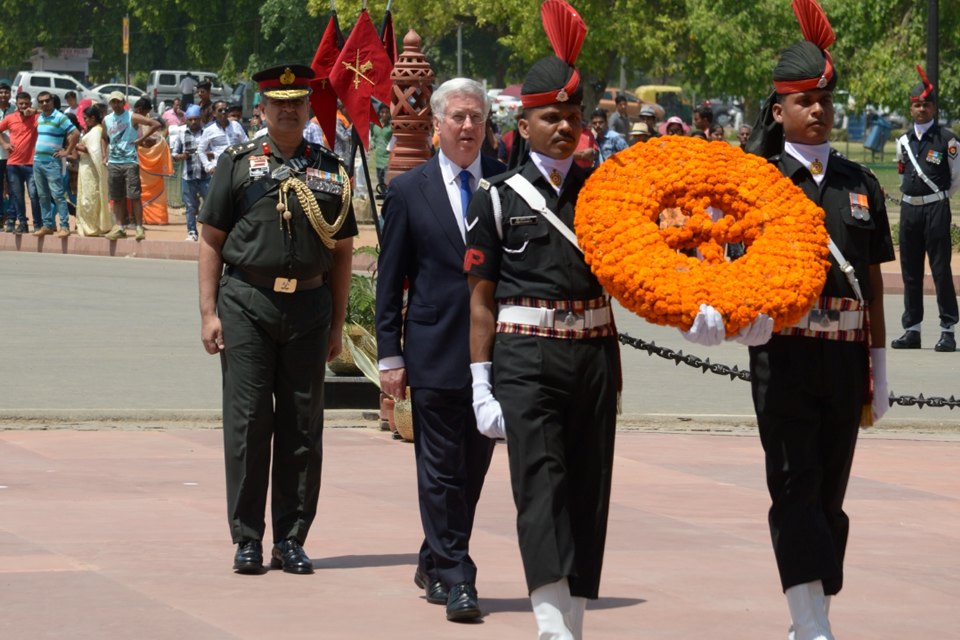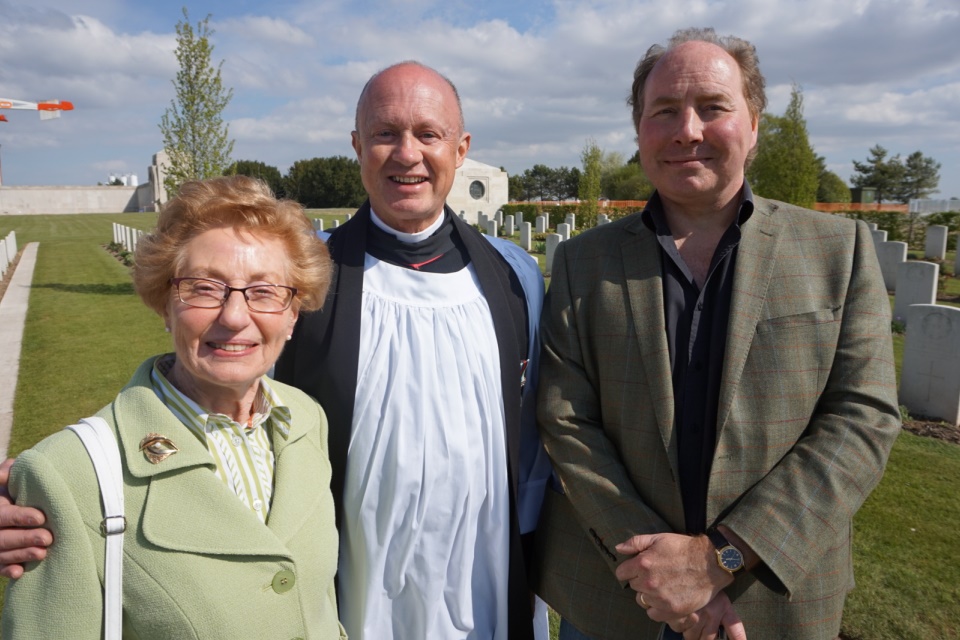As part of the MOD’s Innovation Initiative, £3 million has been invested through the Defence and Security Accelerator in the next stage of the Innovation Autonomy Challenge. Focusing on the challenging “last mile” of support, this Challenge aims to find innovative new ways of resupplying troops on the front line, and will be led by the Defence Science and Technology Laboratory (Dstl).
To reduce the risk to troops and improve efficiency, the UK aims to develop autonomous systems for unmanned delivery of combat supplies, drawing on the rapid progress of the private sector in the development of delivery drones and automated deliveries.
Minister for Defence Procurement, Harriett Baldwin said:
Making sure we use the latest technology to keep our personnel safe and have the kit they need is a key part of our £800 million innovation fund. We’re challenging industry and academia to work with us to design ground-breaking autonomous systems that will get supplies to the front line.
Our investment in innovative solutions demonstrates how the Government’s £178 billion equipment plan, supported by a rising Defence budget, will ensure that the UK maintains its military advantage in an increasingly dangerous world.
The Innovation Initiative and £800M Defence Innovation Fund aim to transform Defence to encourage imagination, ingenuity and entrepreneurship. From laser weapons to autonomous vehicles, the MOD is working with small firms, academics, industry, and the new Defence Advisory Panel to find Twenty-first century solutions to defence challenges.
Funding will made available in two tranches, up to £1.5m to develop initial platforms and technology concepts. At least £1.5 million more will then be released to build and test a smaller number of demonstrators, which can then be included in joint UK/US trials from October 2018.
The Challenge is the latest stage in Defence’s investment in unmanned and autonomous systems: In February, the Defence Secretary [announced]( the launch of a two year £8 million second phase of research and development with Leonardo Helicopters, exploring the future of unmanned air systems.
The competition runs until 21 June 2017 and further details of the competition can be found on the competition website.
The Dstl lead for the Innovation Autonomy Challenge Peter Stockel said:
We are particularly keen to reach out and encourage organisations that might not have worked with the defence and security sector before, such as those developing commercial driverless vehicles, drone delivery services and robotic agriculture, to get involved with the challenge and help us rapidly advance the way we deliver tactical military logistics.
The Innovation Autonomy challenge is part of the UK and US’s collaborative approach to innovation announced by Defence Secretary, Sir Michael Fallon, and former US Defense Secretary Ash Carter in 2015. The funding for this competition is focused on:
- Airborne and ground-based unmanned systems to collect, transport and deliver supplies across challenging terrain.
- Technology to enable those systems to operate more autonomously in the contested military environment.
- Technology to autonomously manage logistics supply and demand in the tactical environment.
Defence and Industry Working Together
One of the aims of the Innovation Initiative is to streamline Defence’s work with industry from SME’s to multinationals: making clear what Defence needs from business, but also being open to imaginative and disruptive proposals from any source.
Most recently, over 200 Soldiers, Royal Marines and RAF, including personnel from the US Army, have been putting innovative kit through its paces on Salisbury Plain in the Army Warfighting Experiment 17 (AWE 17). Businesses of all sizes were invited to submit solutions to a range of ‘problems’ set by the AWE team. 72 products – from a tiny surveillance drone to a self-sterilizing water bottle – were selected for testing.
One developer taking part in the experiment produced a two-part lift and pulley system designed to take vital minutes off of the time it takes to get a casualty out of a damaged vehicle and to medical aid. The inventor of the system, Paul Bateman, an ex-soldier of 22 years’ service, now runs his one man business.
Paul said:
“The AWE has given me a unique opportunity to get my product tested in the field.”
Cutting-edge kit is no use unless our troops can use it when and where they need it. To make sure they can, the Minister for Defence Procurement, Harriett Baldwin, formally opened a huge state-of-the-art £83 million MOD logistics centre in Shropshire, which will streamline distribution and storage, delivering savings of around £500 million by 2028.
Beyond the physical battlefield, but at the heart of security, Dstl has also launched the Data Science Challenge, which will bring the brightest minds in data science—not just those in the defence and security sector—together to solve real-world problems, and is sponsored by Dstl, the Government Office for Science, the Secret Intelligence Service and MI5.

